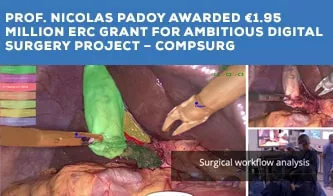
Prof. Nicolas Padoy awarded €1.95 million ERC grant for ambitious digital surgery project – CompSURG
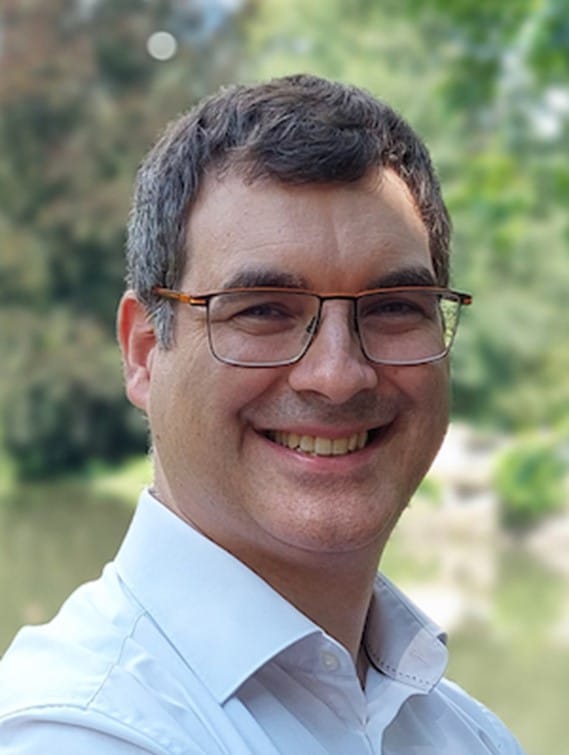 IHU Strasbourg Scientific Director and University of Strasbourg Professor, Nicolas Padoy, head of the CAMMA research team, has been awarded the prestigious ERC Consolidator Grant for his project entitled “Computational Methods to Analyse Intra-operative Adverse Events in Surgery at Scale (CompSURG).” The grant, worth 1.95 million euros, will fund his research over a span of five years. By bridging the fields of artificial intelligence and digital surgery, this ambitious project aims to improve surgical safety and, consequently, patient safety.
IHU Strasbourg Scientific Director and University of Strasbourg Professor, Nicolas Padoy, head of the CAMMA research team, has been awarded the prestigious ERC Consolidator Grant for his project entitled “Computational Methods to Analyse Intra-operative Adverse Events in Surgery at Scale (CompSURG).” The grant, worth 1.95 million euros, will fund his research over a span of five years. By bridging the fields of artificial intelligence and digital surgery, this ambitious project aims to improve surgical safety and, consequently, patient safety.
CompSURG aims to develop a novel computational methodology for analyzing intra-operative adverse events (IAEs) from surgical videos on a large scale. Currently, IAEs are under-reported, hindering their thorough analysis, the establishment of appropriate safety measures, and the development of intraoperative assistance systems to reduce their occurrence. Recent studies have shown that IAEs, while previously considered inconsequential, may in fact be indicative of serious complications and poor surgical outcomes.
Building on these findings, CompSURG will propose a radically new computational approach to improve intra-operative surgical safety, with a specific focus on automatic recognition and analysis of surgical activities and IAEs in endoscopic videos. This will involve developing novel cutting-edge computer vision and machine learning techniques to achieve groundbreaking models of the intricate interactions between surgical tools and anatomy, examine activity patterns and variability on a large scale, and identify critical steps requiring safety measures.
 ERC Consolidator Grants are highly competitive awards bestowed upon outstanding researchers regardless of their nationality or age. The sole criterion for selection is scientific excellence. Recipients of the grant should have between seven and twelve years of post-doctoral experience and conduct their research in a public or private research organization located in an EU member state or associated country. The funding primarily supports the employment of researchers and staff to strengthen the recipients’ teams and is awarded for a maximum duration of five years.
ERC Consolidator Grants are highly competitive awards bestowed upon outstanding researchers regardless of their nationality or age. The sole criterion for selection is scientific excellence. Recipients of the grant should have between seven and twelve years of post-doctoral experience and conduct their research in a public or private research organization located in an EU member state or associated country. The funding primarily supports the employment of researchers and staff to strengthen the recipients’ teams and is awarded for a maximum duration of five years.
The joint IHU – University of Strasbourg CAMMA research team led by Prof. Nicolas Padoy aims at developing new tools and methods based on computer vision, medical image analysis and machine learning to perceive, model, analyze and support clinician and staff activities in the operating room using the vast amount of digital data generated during surgeries. Nested in the IHU building, the team benefits from a unique infrastructure and eco-system with the university hospital and IRCAD.
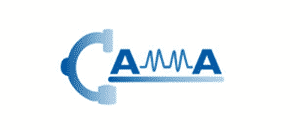


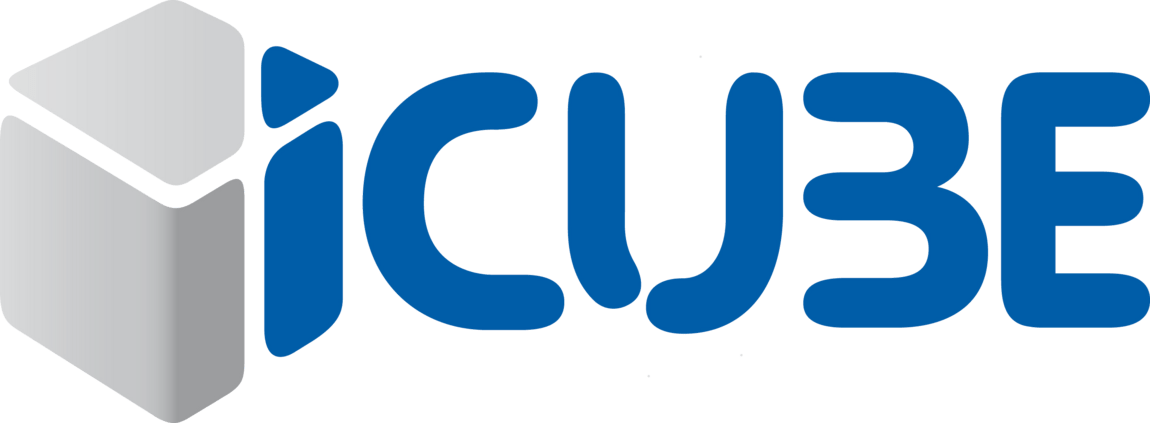
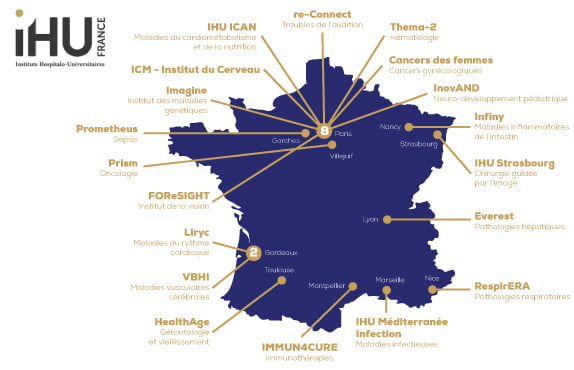
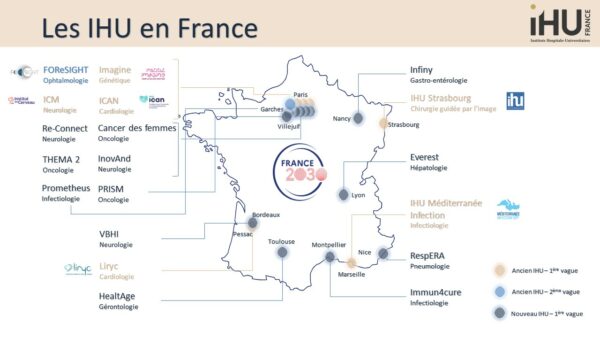
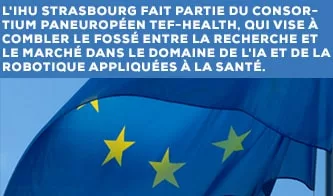


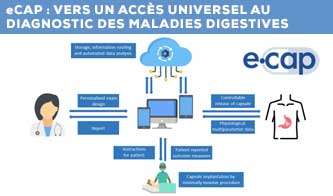




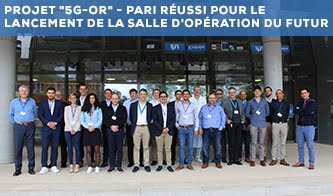

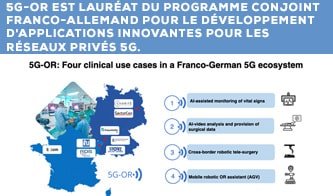



Recent Comments